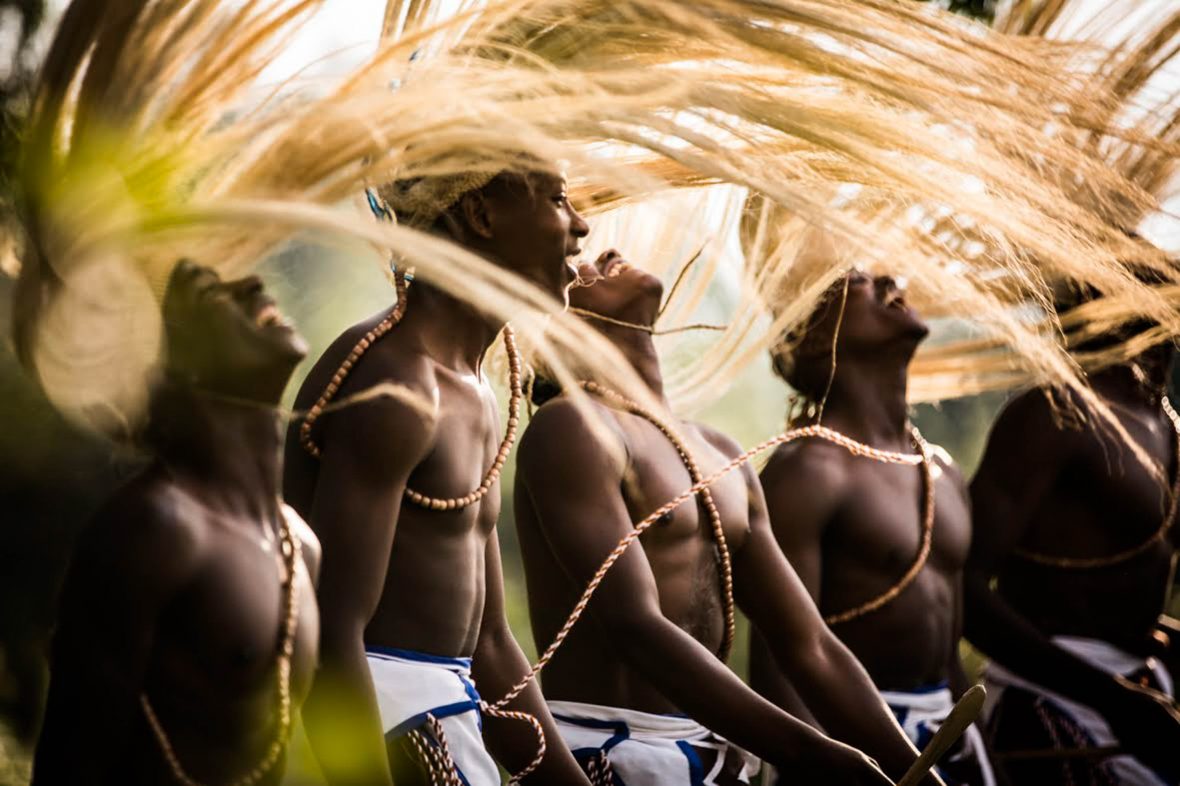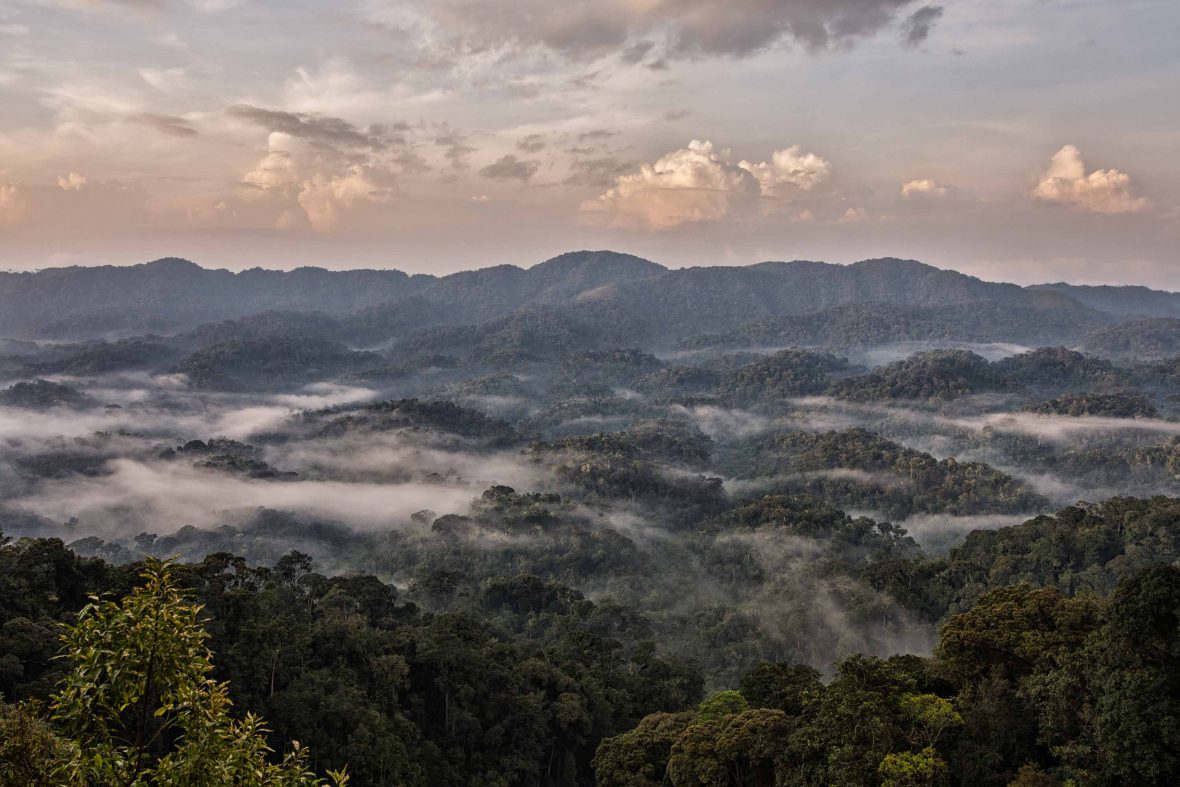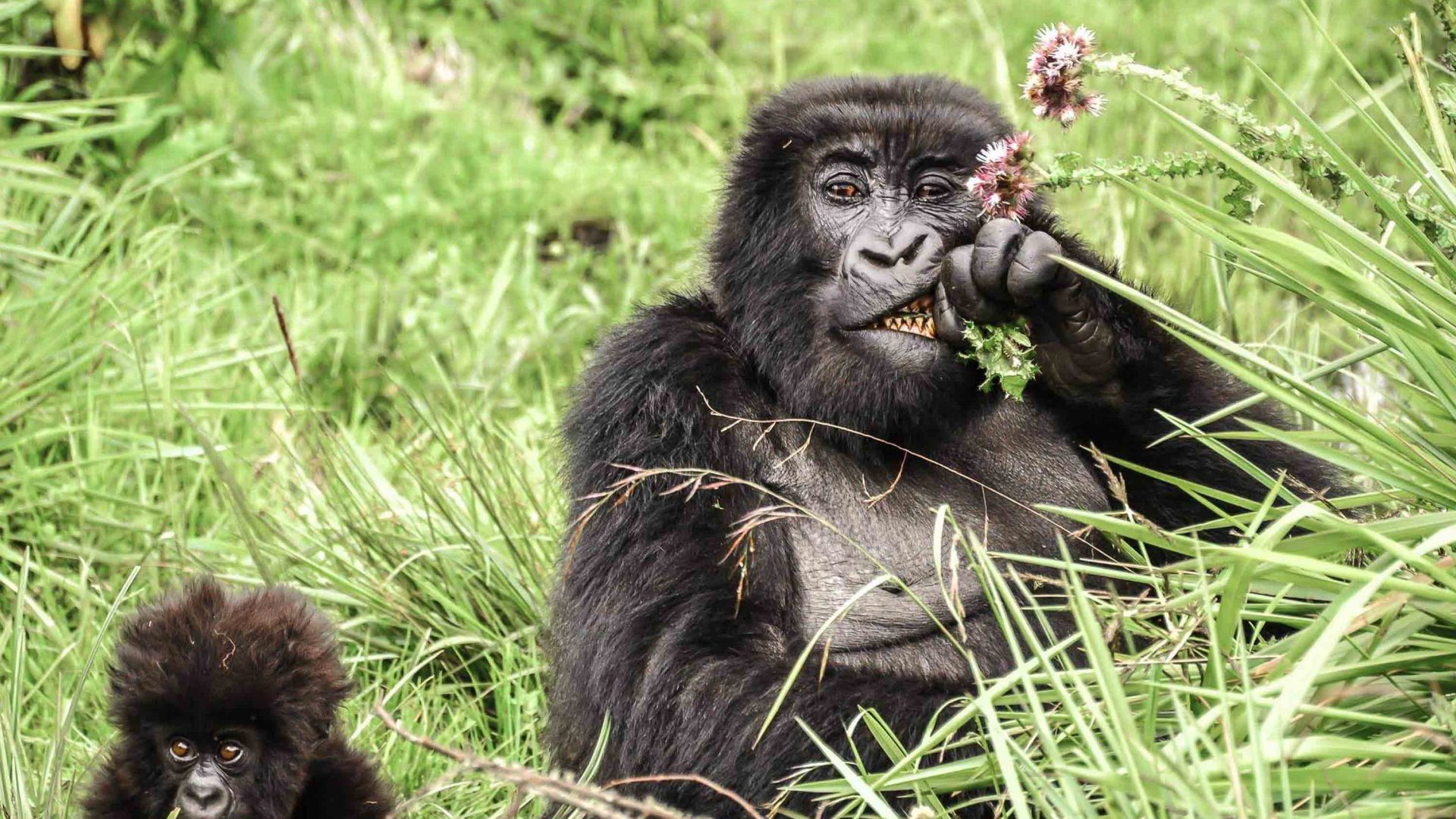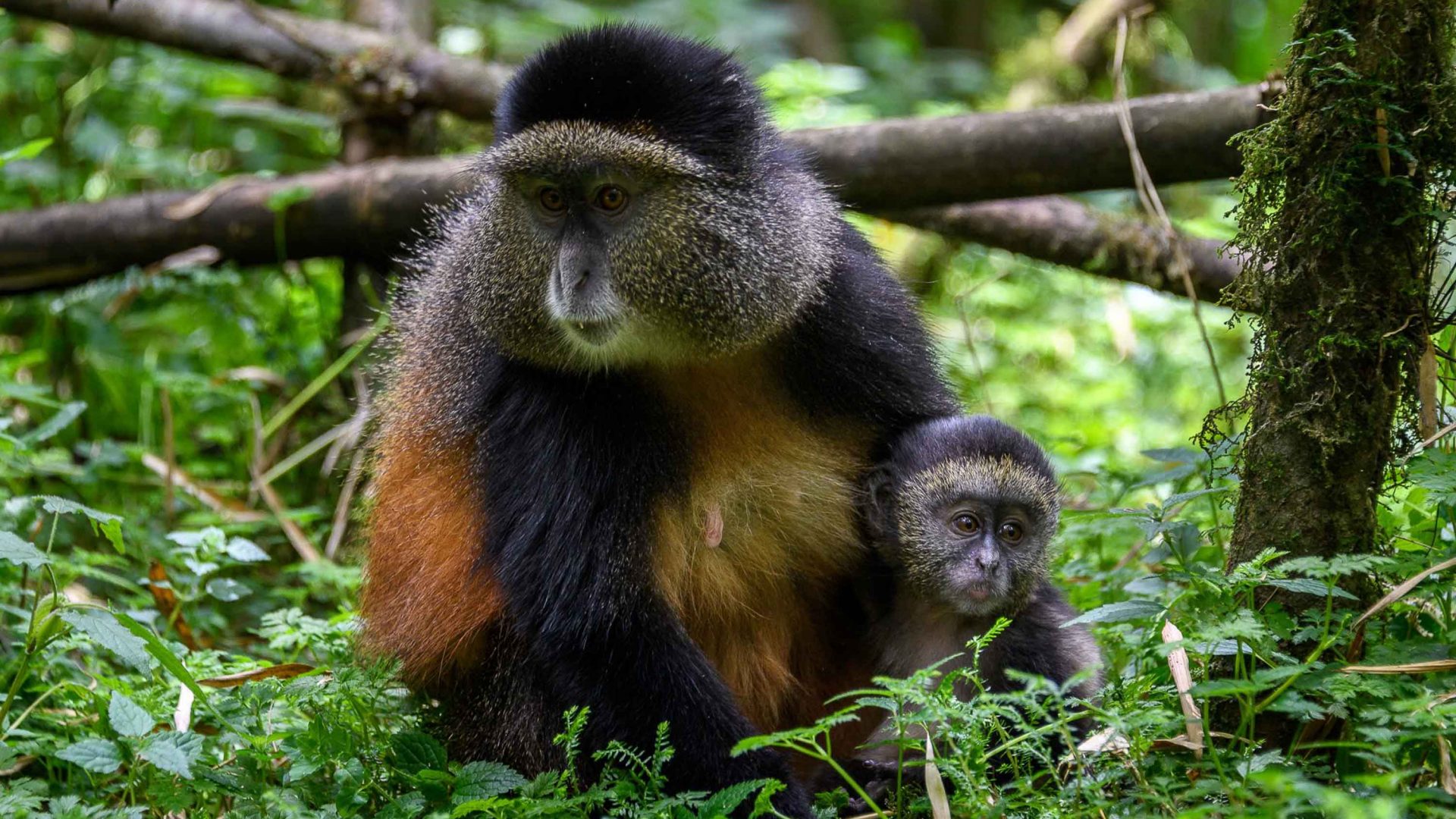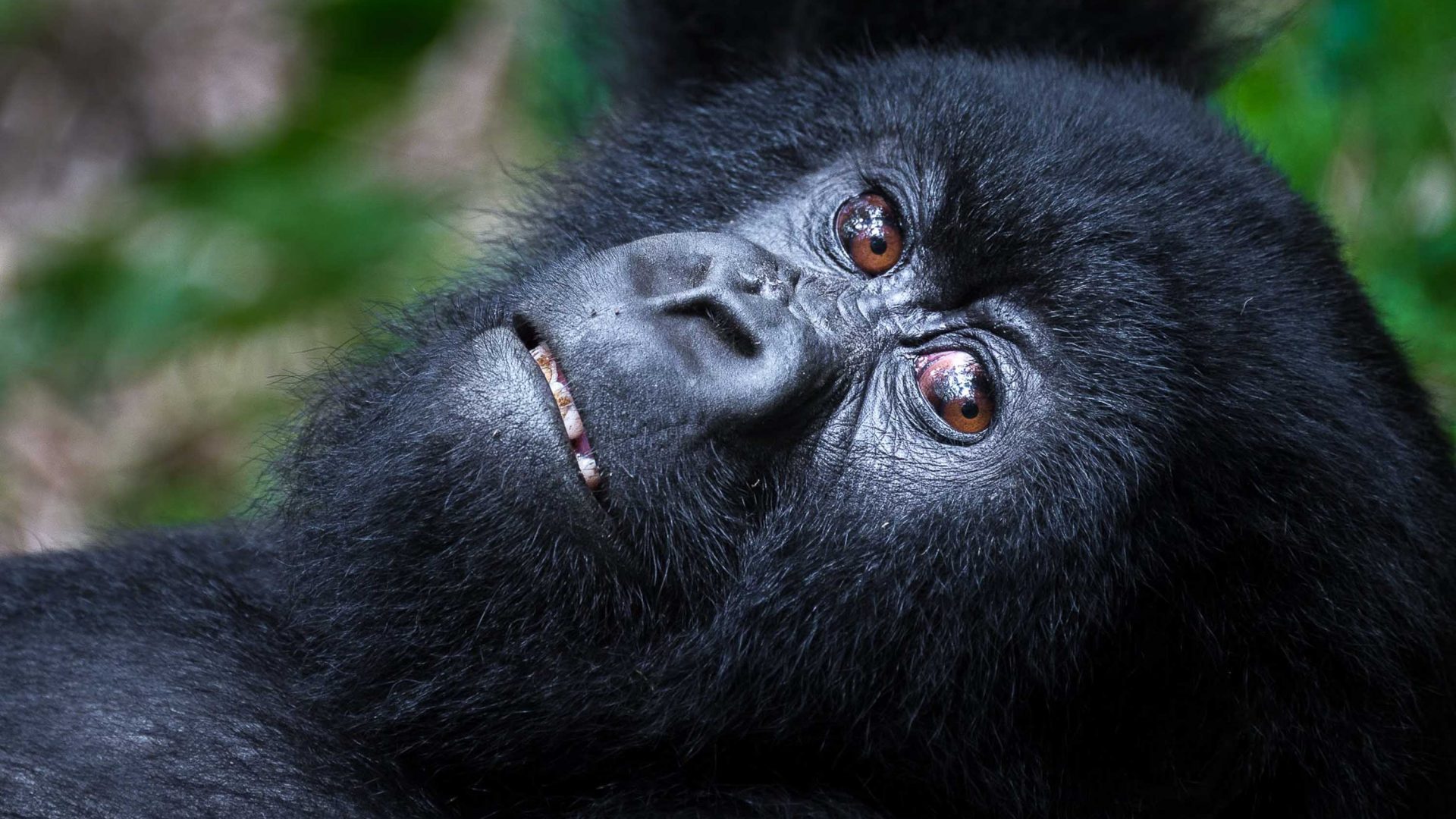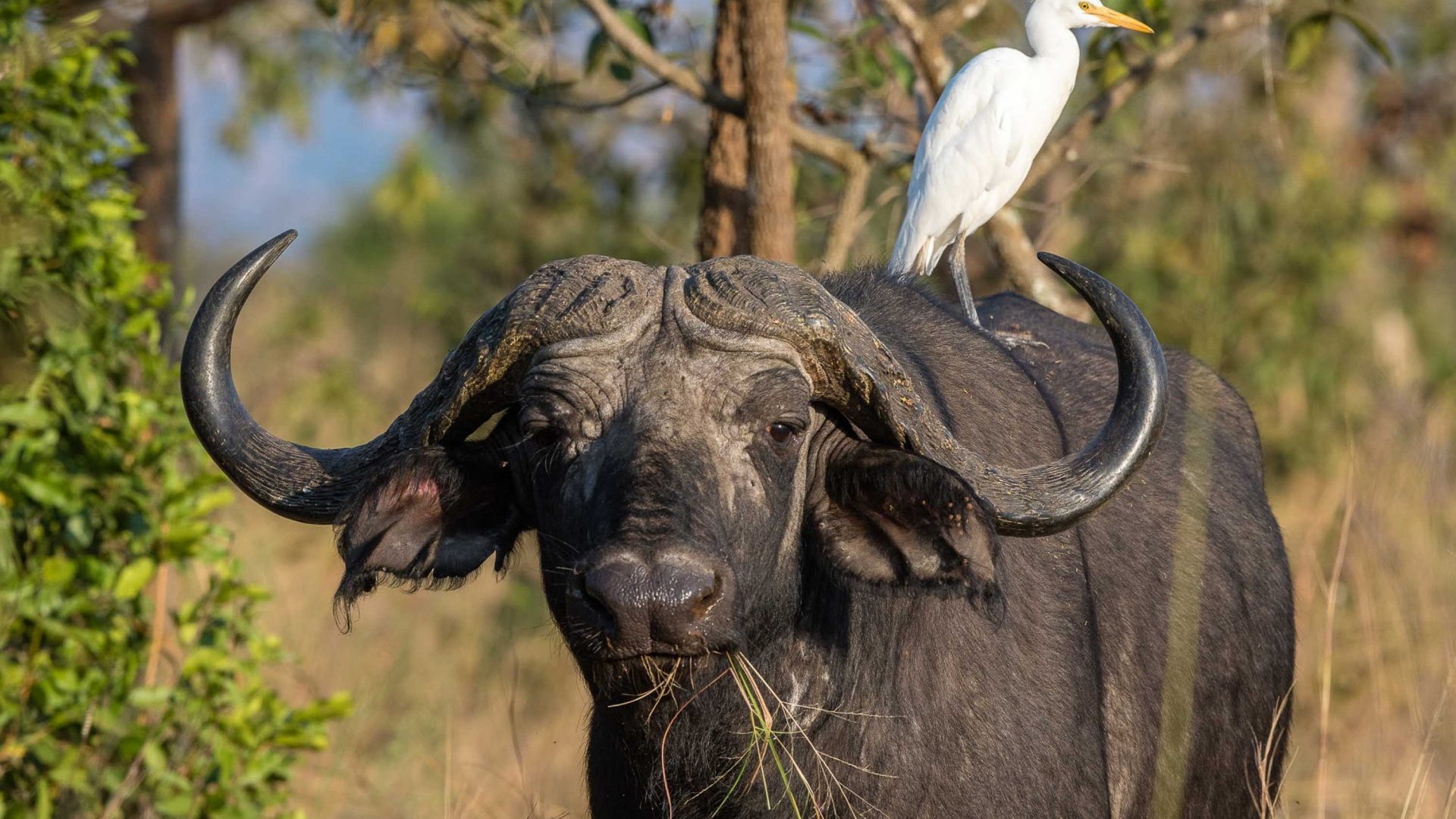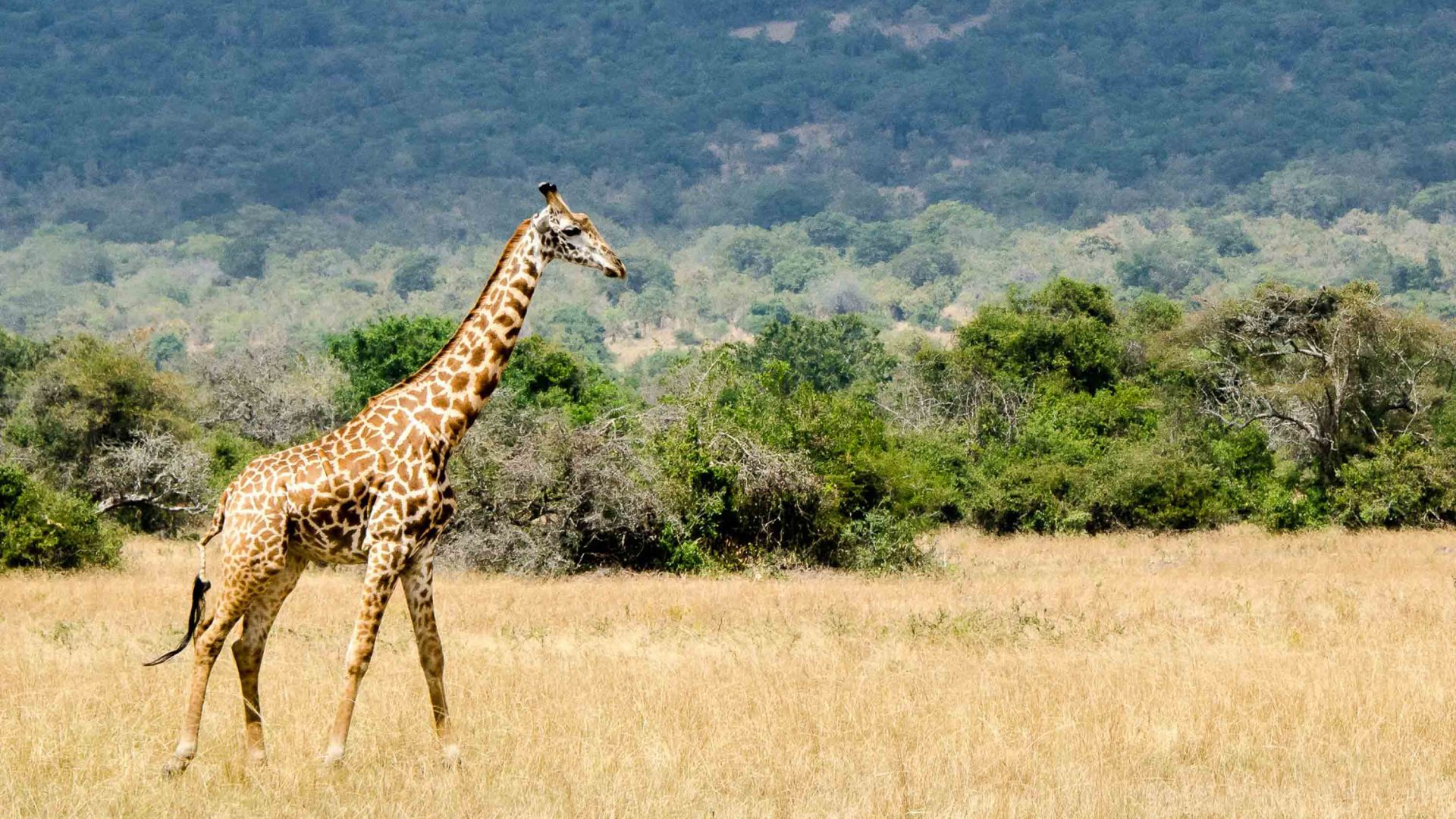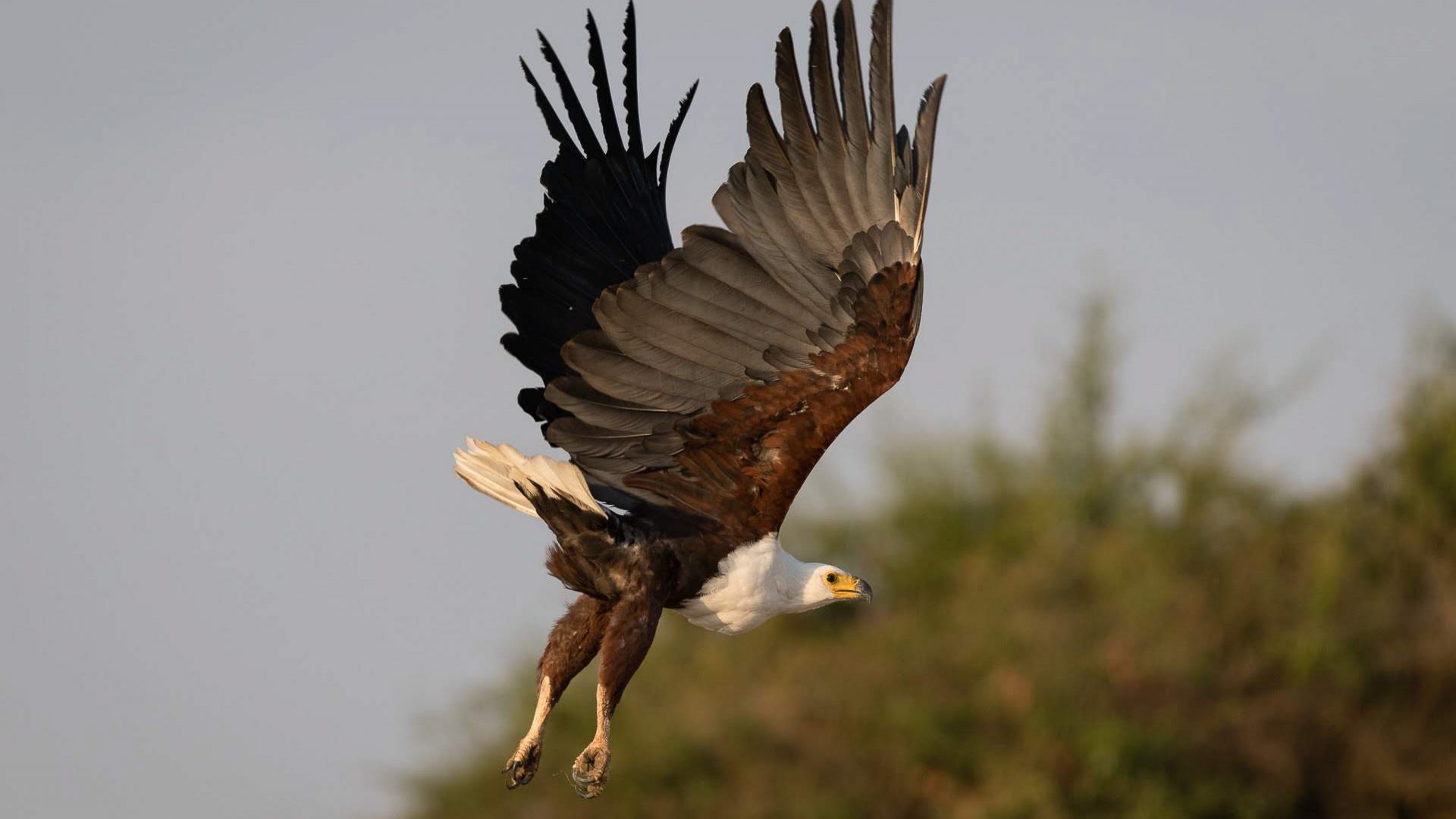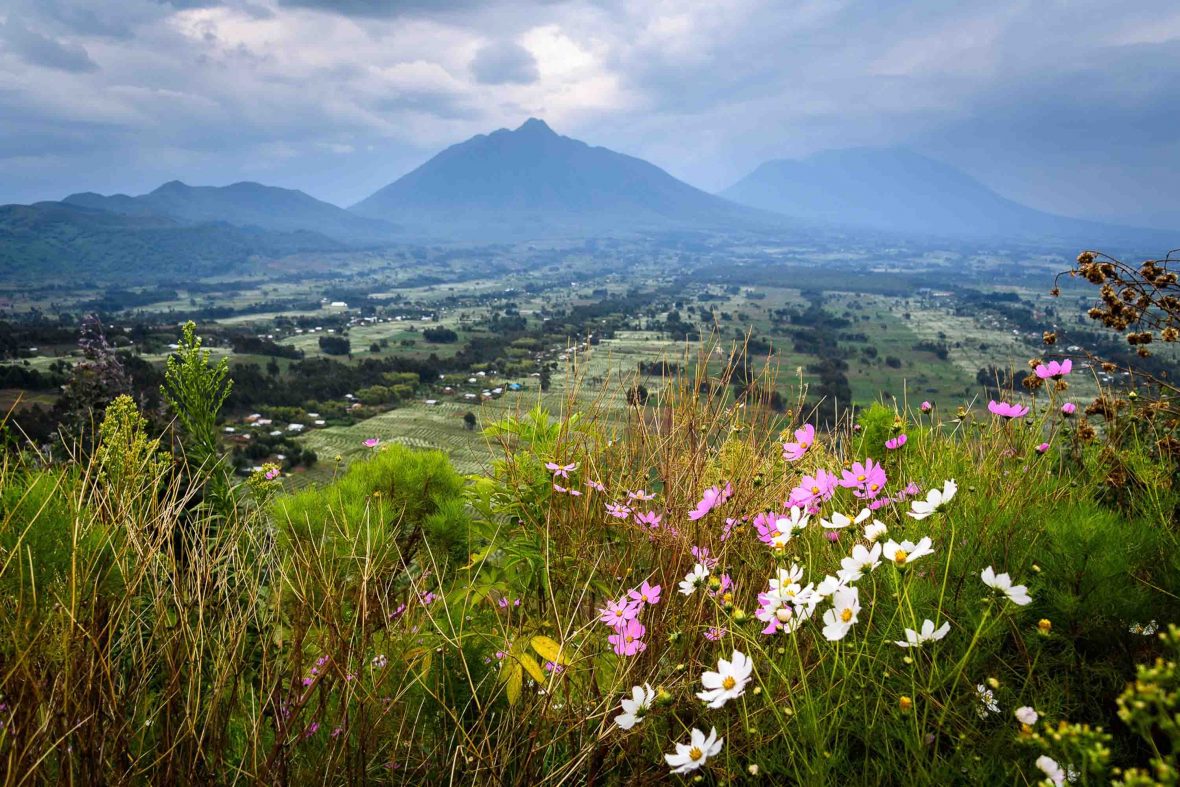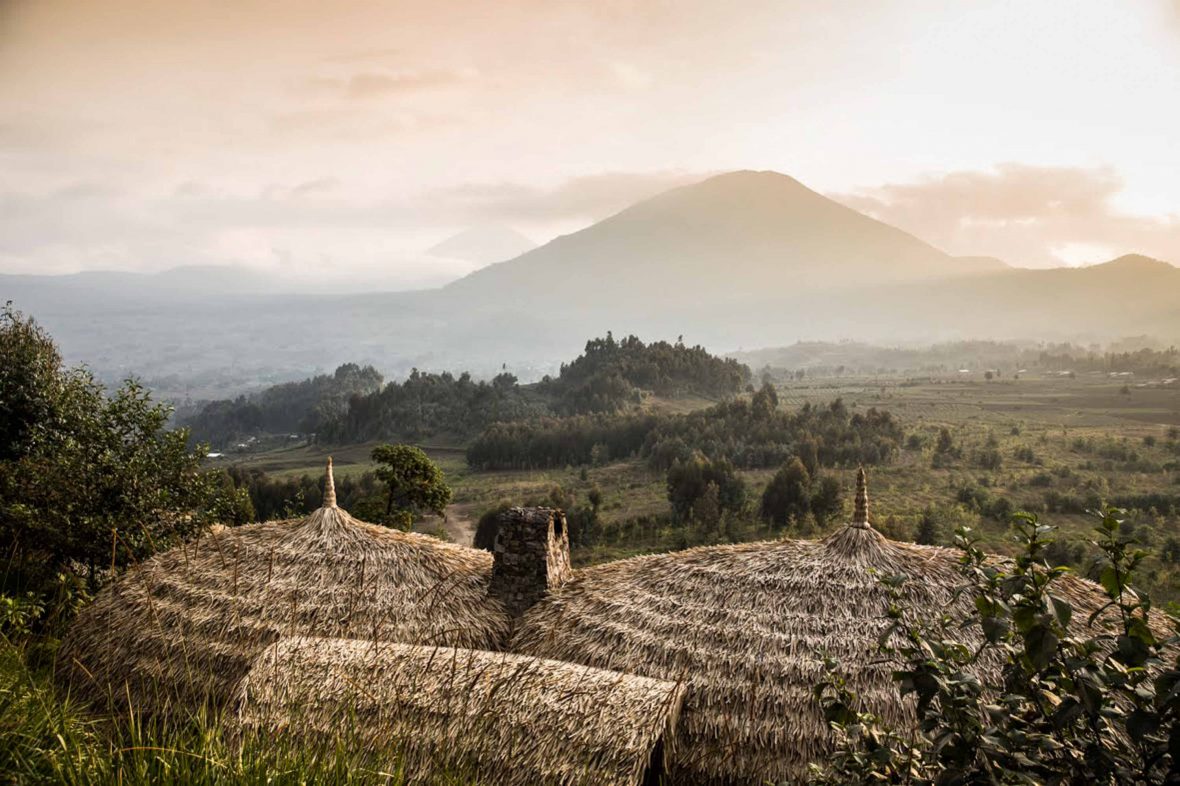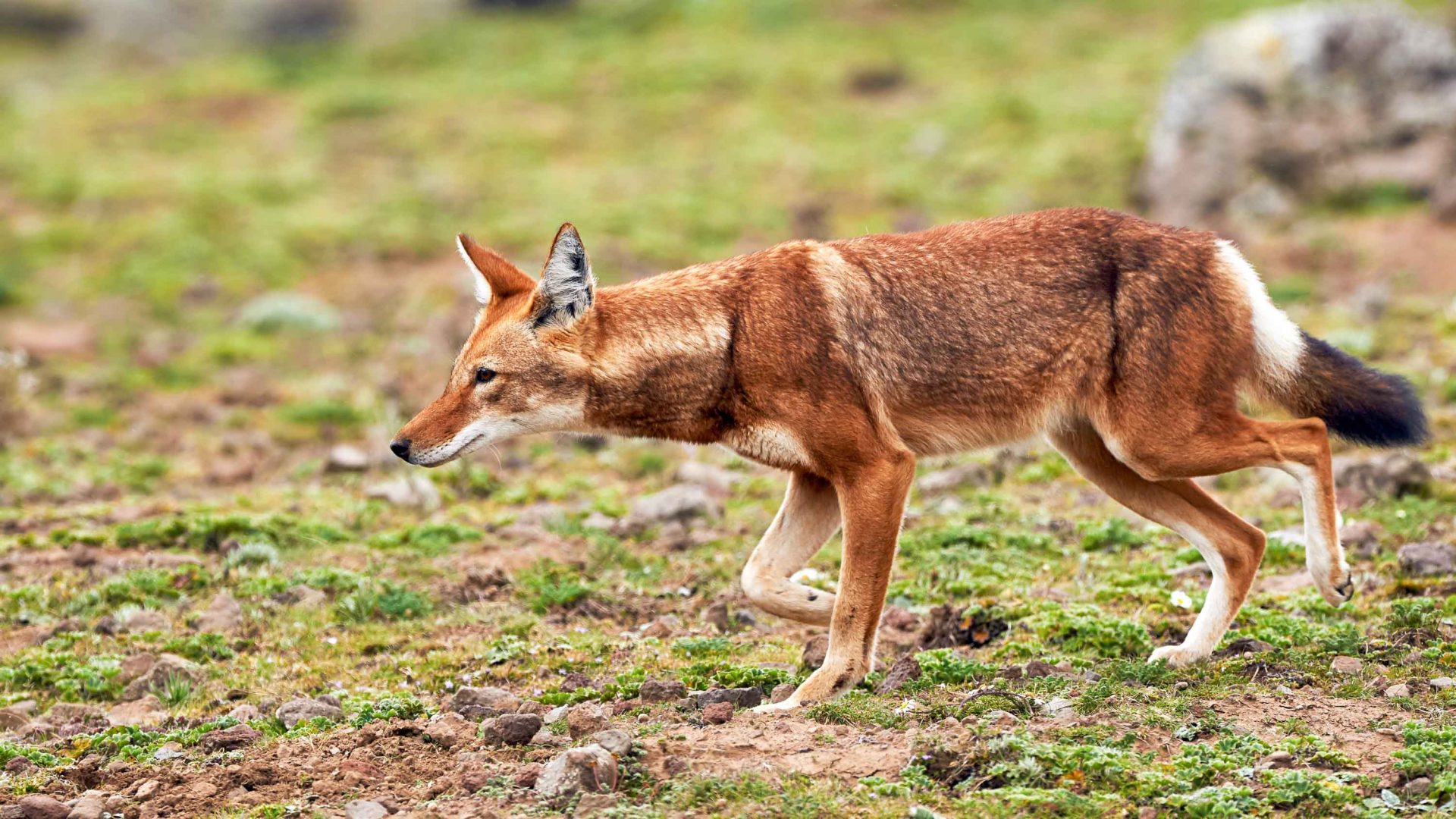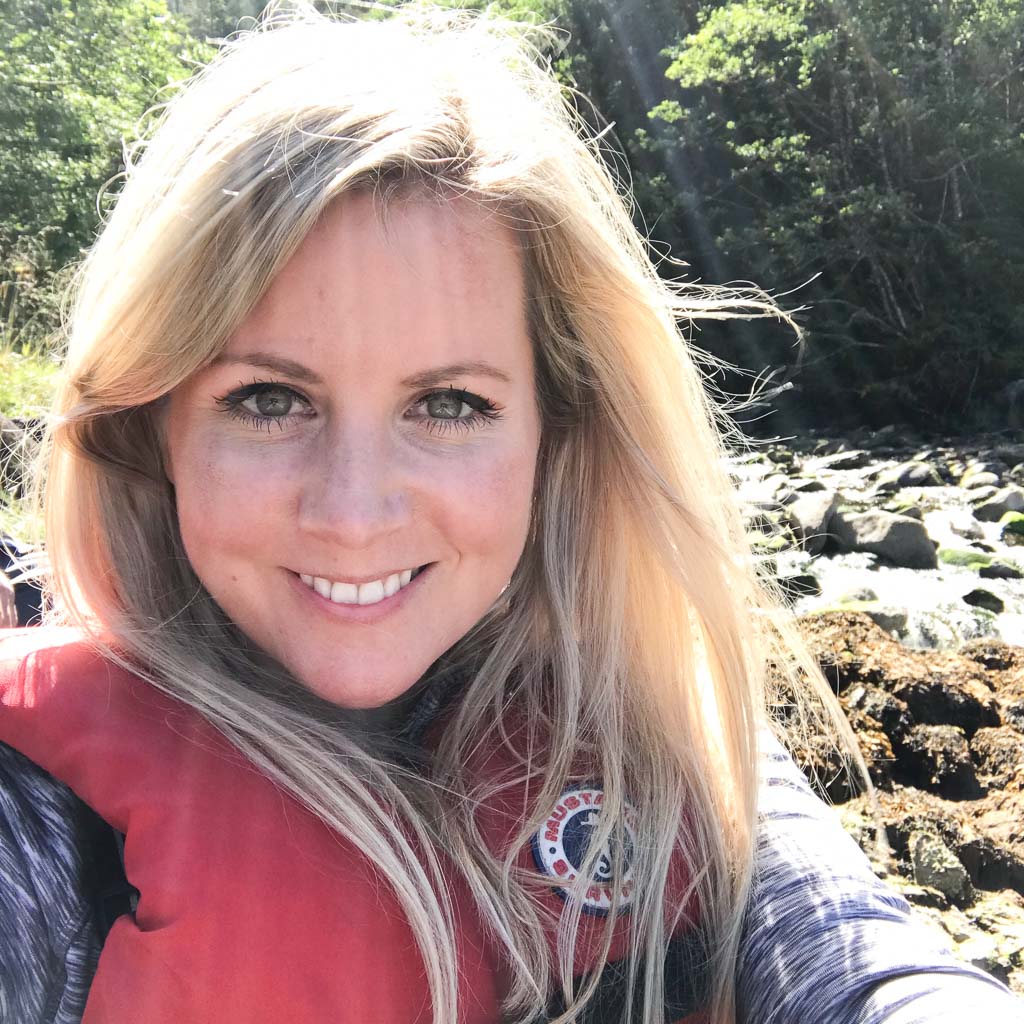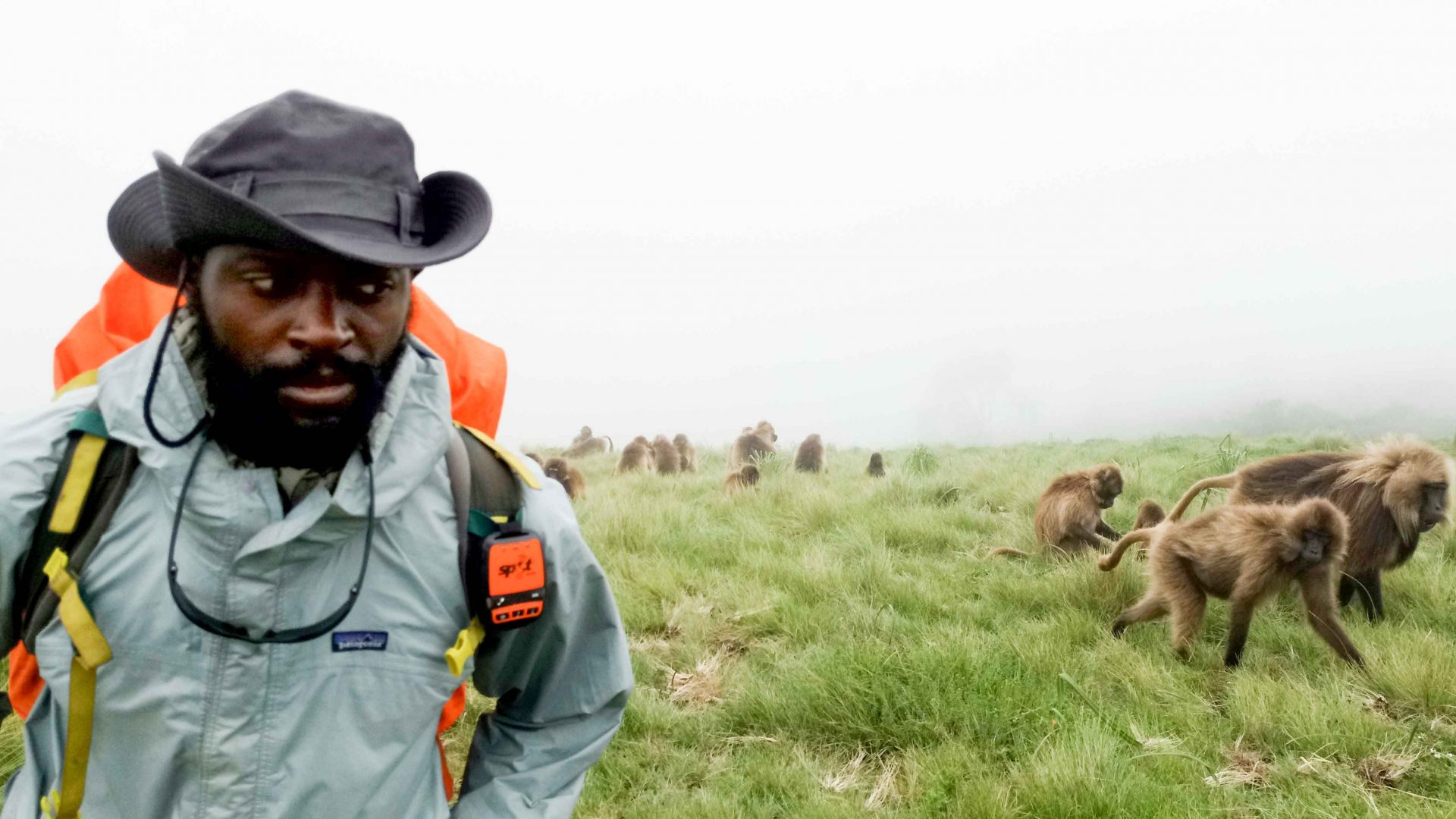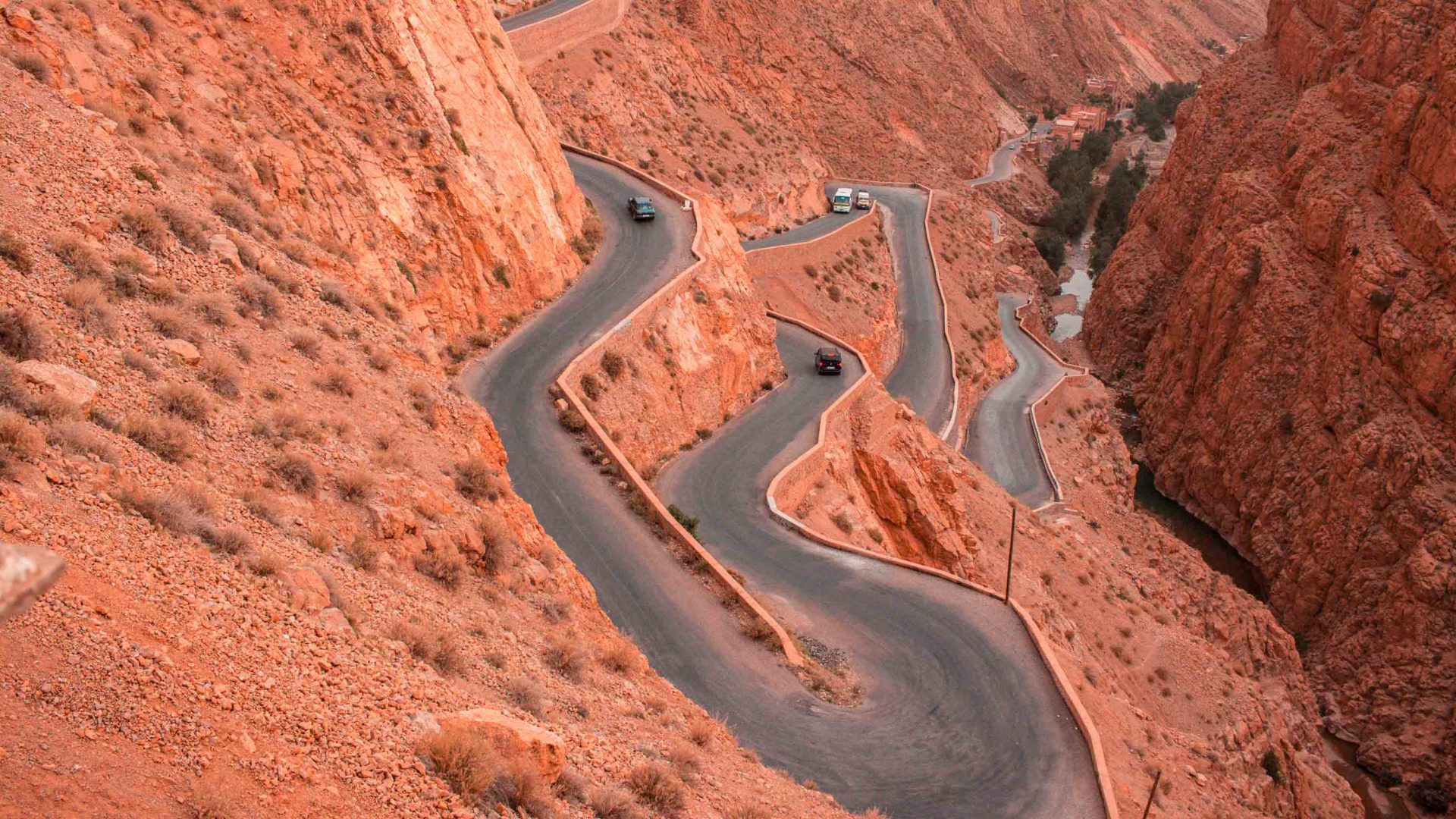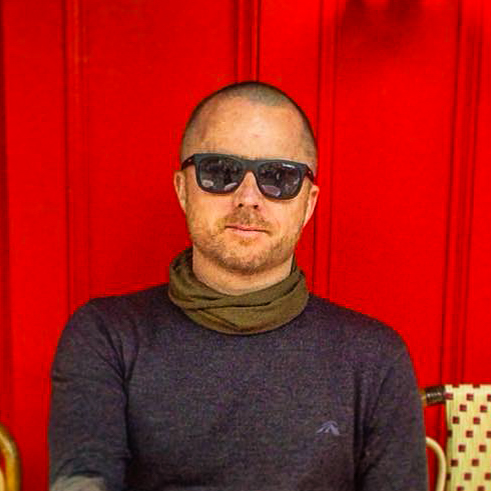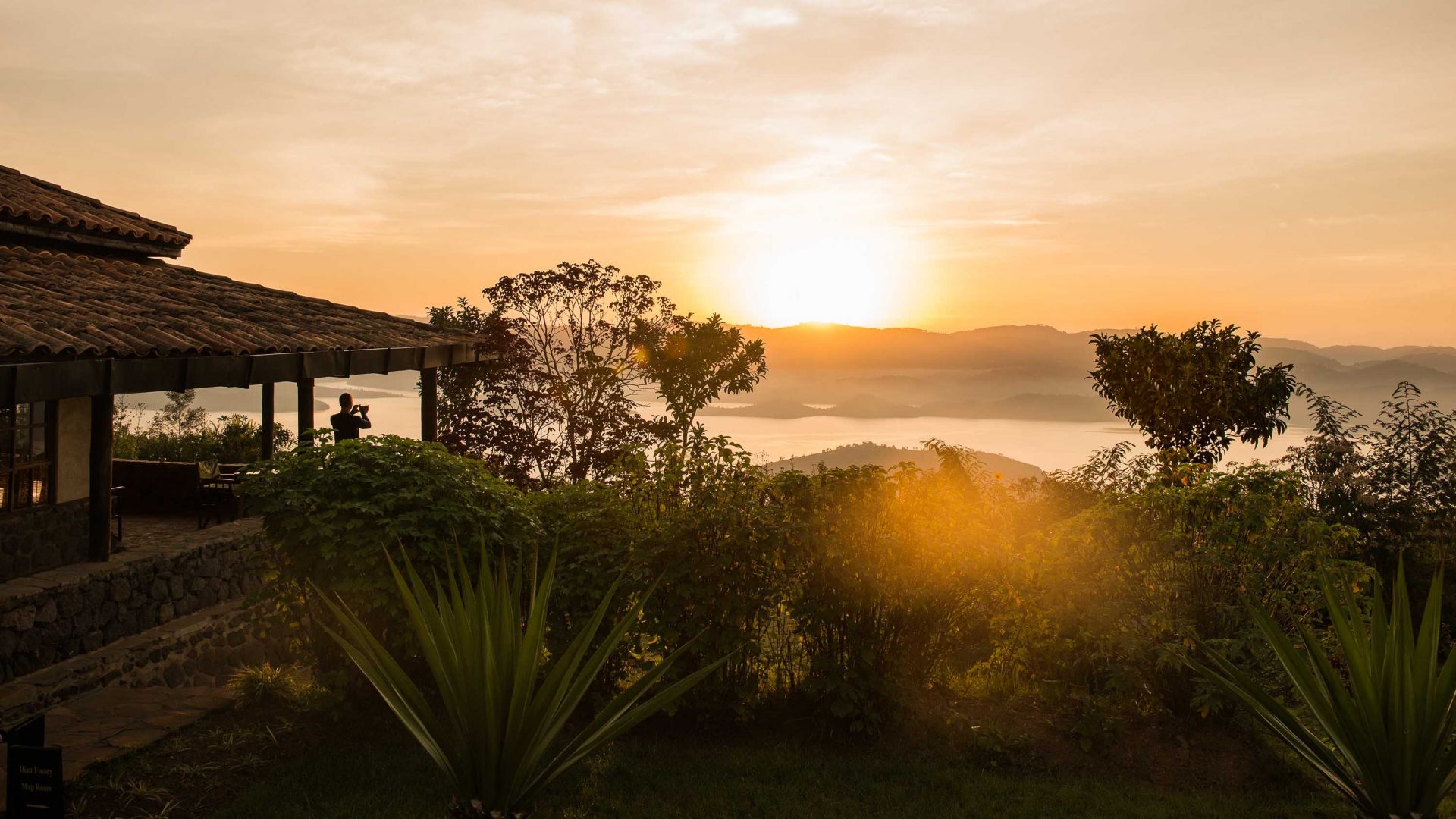
Some 25 years after the genocide that killed a million people, Sophie Ibbotson discovers an East African nation very much on the up.
What’s the first word which comes to mind when you hear “Rwanda”? No, you don’t need to say it; almost everyone thinks of the same thing. The Rwandan genocide is an inescapable bloodstain on modern history, countless individual tragedies rolled into one unfathomable horror. The names of those who died are written on the wall of the Kigali Genocide Memorial where a quarter of a million Rwandans are buried in its now peaceful grounds.
But 25 years on, Rwanda isn’t the same country it was in 1994. For one thing, over 60 per cent of the population has been born since the genocide; their only memories are of what has happened after it. And Rwanda’s most recent period has been a remarkable one. Nowhere else have justice and reconciliation programmes been undertaken on such a scale, and while it can never heal all wounds, Rwandans from every community have been working together to construct a new, more unified national identity.


